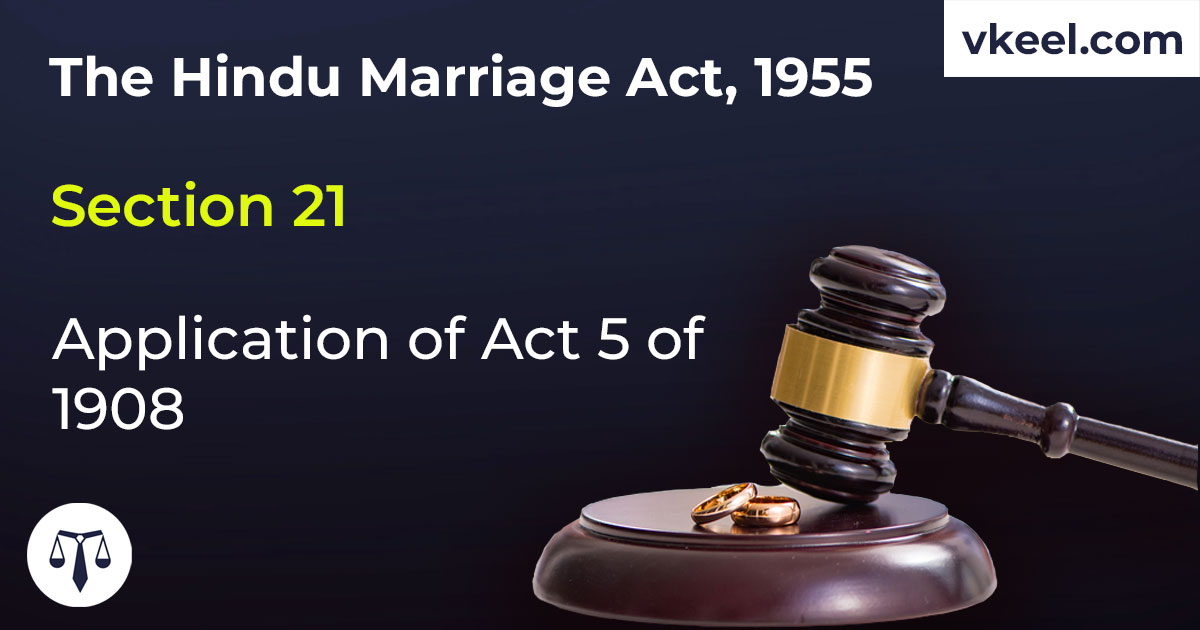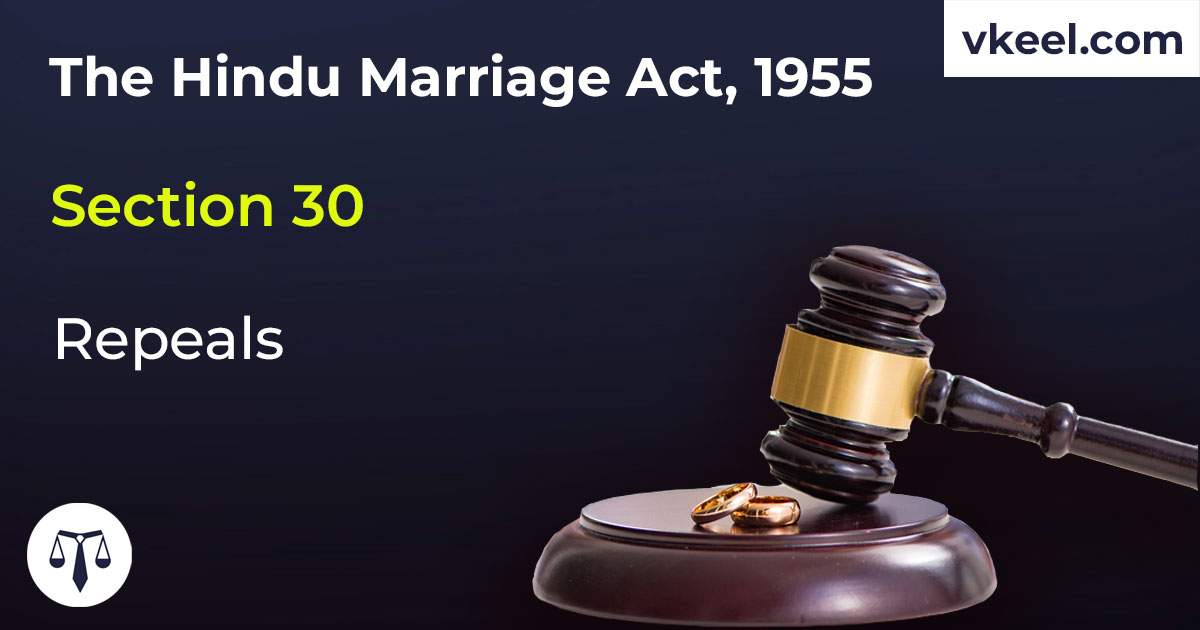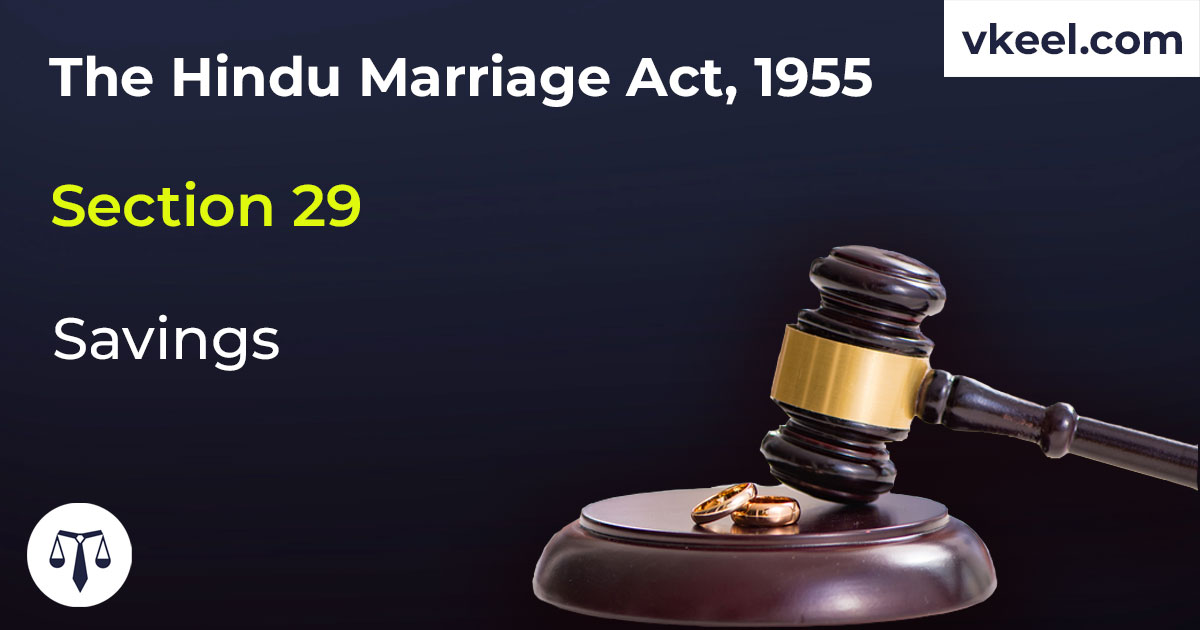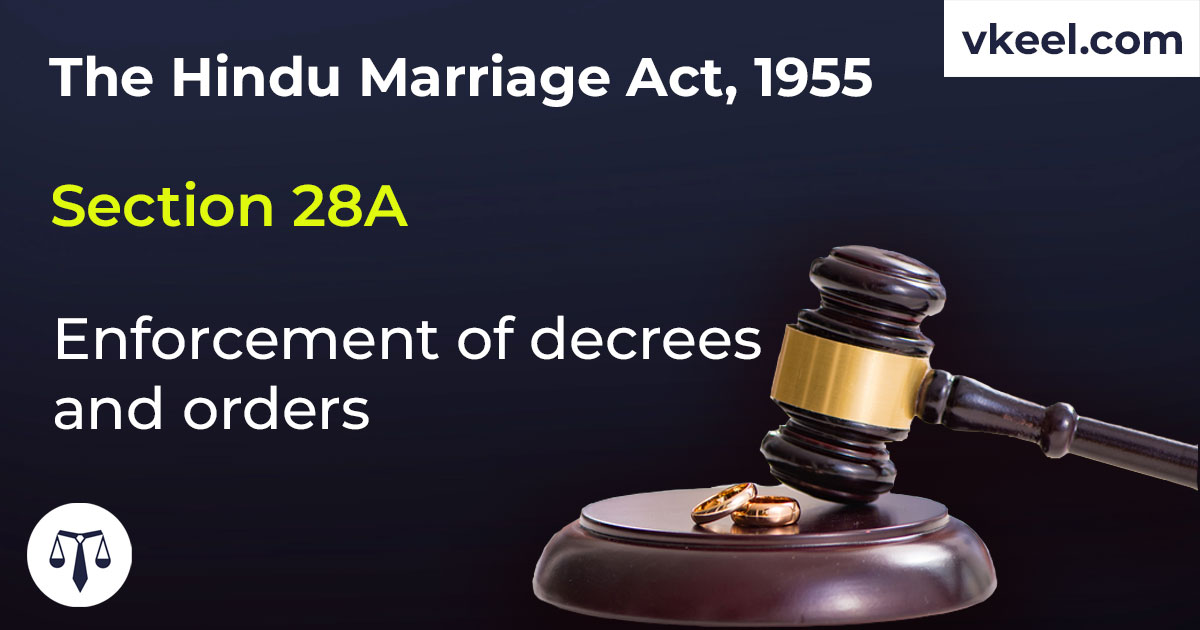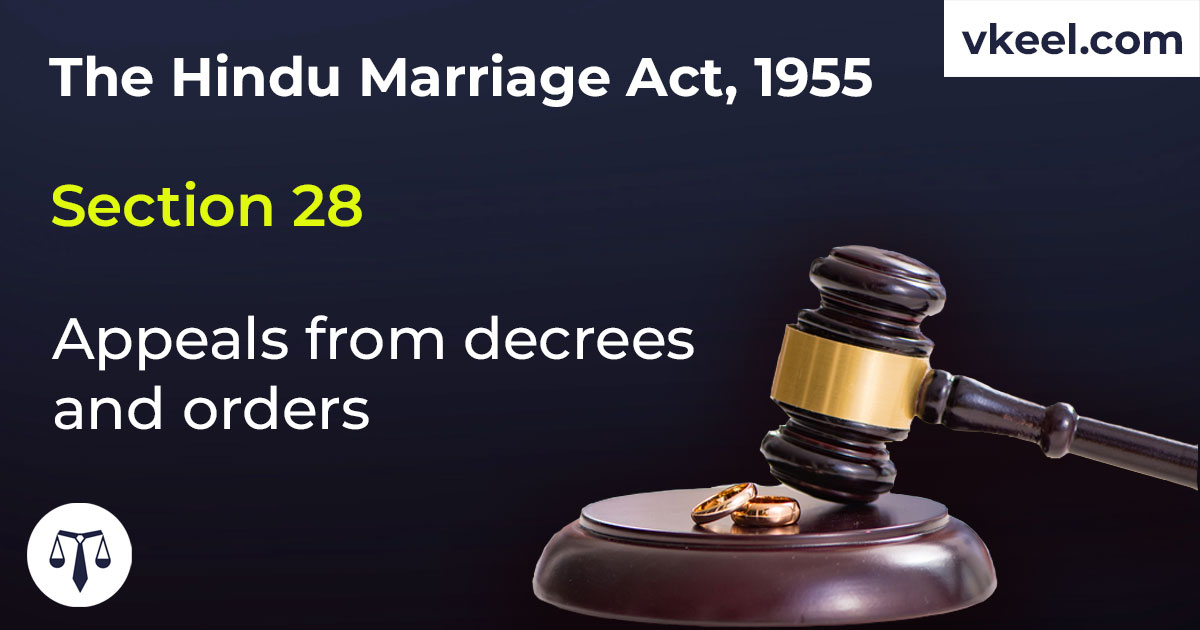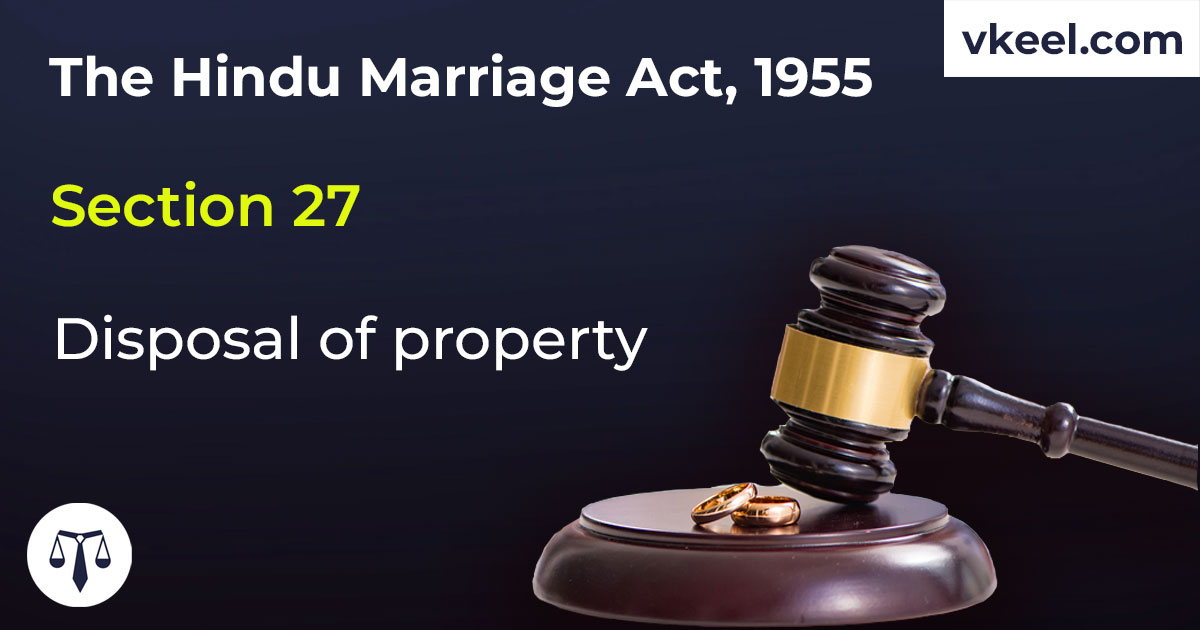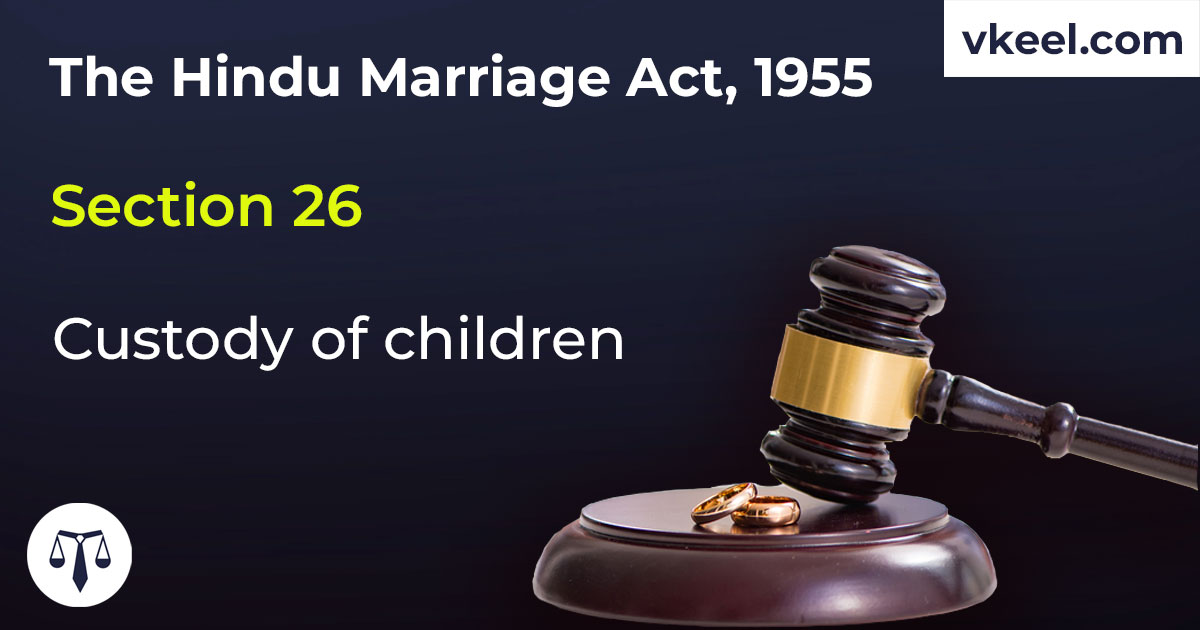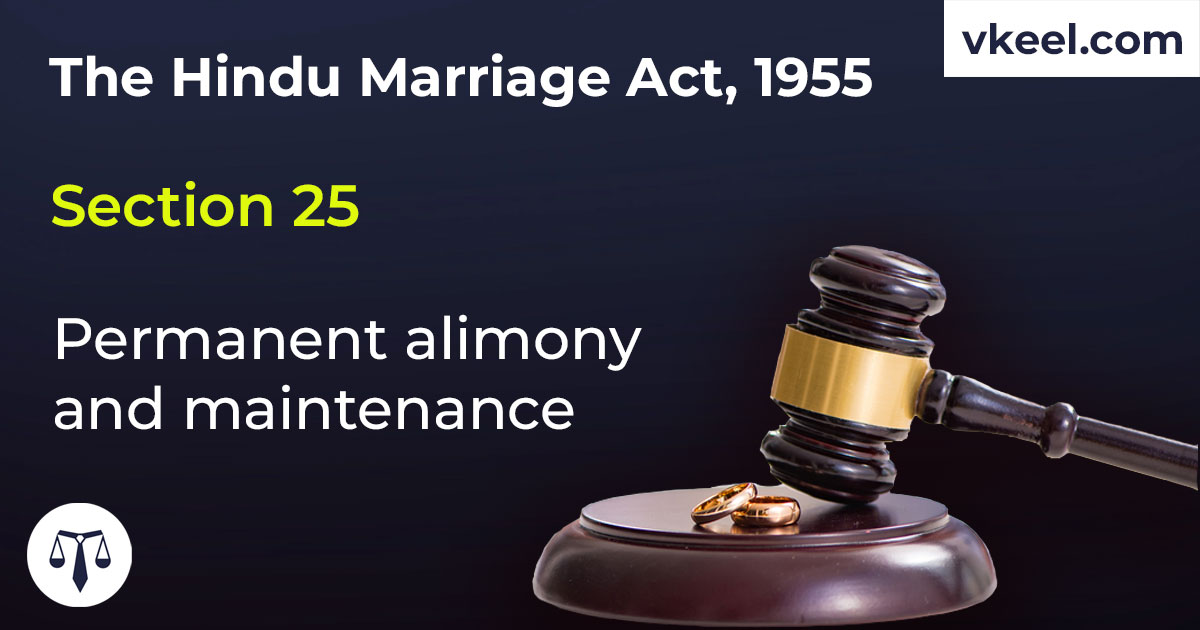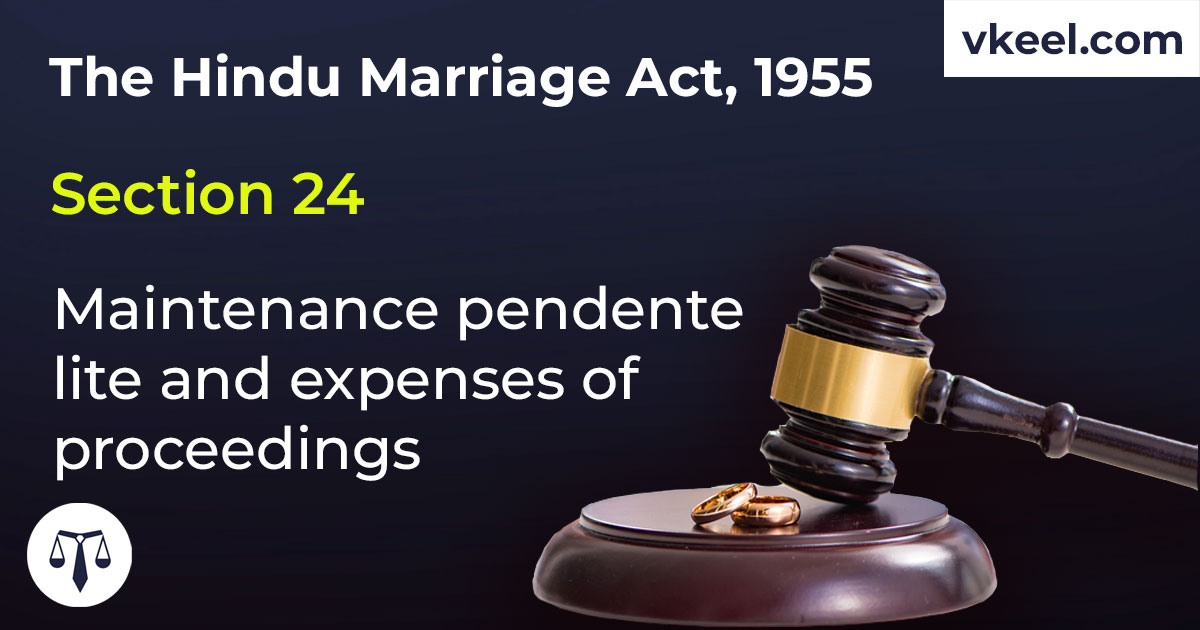Section 21 Hindu Marriage Act 1955 – Application of Act 5 of 1908
By Vkeel Team
Table of Contents
Description
“Section 21 Hindu Marriage Act 1955”
Subject to the other provisions contained in this Act and to such rules as the High Court may make in this behalf, all proceedings under this Act shall be regulated, as far as may be, by the Code of Civil Procedure, 1908.
Understanding the Relationship Between the Hindu Marriage Act 1955 and Act 5 of 1908
The Hindu Marriage Act 1955 and Act 5 of 1908 are two important pieces of legislation that govern the marriage laws of Hindus in India. The Hindu Marriage Act 1955 is the primary legislation that governs the marriage laws of Hindus in India, while Act 5 of 1908 is a supplementary legislation that provides additional provisions to the Hindu Marriage Act 1955.
The HMA 1955 was enacted to provide a uniform legal framework for the marriage laws of Hindus in India. It defines the conditions for a valid Hindu marriage, the grounds for divorce, and the rights and obligations of the parties to a marriage. The Act also provides for the registration of marriages and the recognition of certain customary marriages.
Act 5 of 1908, also known as the Special Marriage Act, was enacted to provide an alternative to the Hindu Marriage Act 1955. It provides for the registration of marriages between Hindus, Muslims, Christians, Parsis, and any other persons who are not governed by the Hindu Marriage Act 1955. The Act also provides for the recognition of certain customary marriages and the registration of marriages between persons of different religions.
The HMA 1955 and Act 5 of 1908 are complementary pieces of legislation that provide a comprehensive legal framework for the marriage laws of Hindus in India. The HMA 1955 provides the primary legal framework for the marriage laws of Hindus in India, while Act 5 of 1908 provides additional provisions to supplement the Hindu Marriage Act 1955. Together, these two pieces of legislation provide a comprehensive legal framework for the marriage laws of Hindus in India.
How the Section 21 Hindu Marriage Act 1955 Affects the Application of Act 5 of 1908
The Hindu Marriage Act 1955 is a law that governs the marriage of Hindus in India. It was enacted to provide a uniform legal framework for the regulation of Hindu marriages. The Act applies to all Hindus, including Buddhists, Jains, and Sikhs.
Section 21 Hindu Marriage Act 1955 affects the application of Act 5 of 1908 in several ways. Firstly, the Act of 1908 was limited to the regulation of marriage between Hindus, while the Hindu Marriage Act 1955 applies to all Hindus, regardless of their religion. Secondly, the Act of 1908 did not provide for the registration of marriages, while the Hindu Marriage Act 1955 requires the registration of all marriages. Thirdly, the Act of 1908 did not provide for the dissolution of marriages, while the Hindu Marriage Act 1955 provides for the dissolution of marriages through divorce.
The Hindu Marriage Act 1955 also provides for the recognition of certain customs and ceremonies that are not recognized under the Act of 1908. For example, the Act of 1908 did not recognize the custom of “Saptapadi”, which is a ritual in which the bride and groom take seven steps around a sacred fire. The Hindu Marriage Act 1955, however, recognizes this custom and allows it to be performed during a Hindu marriage ceremony.
Finally, the Hindu Marriage Act 1955 provides for the recognition of certain rights and obligations of the parties to a marriage. For example, the Act of 1908 did not provide for the right of a wife to claim maintenance from her husband, while the Hindu Marriage Act 1955 provides for this right. Similarly, the Act of 1908 did not provide for the right of a husband to claim maintenance from his wife, while the Hindu Marriage Act 1955 provides for this right.
In conclusion, Section 21 Hindu Marriage Act 1955 has significantly affected the application of Act 5 of 1908. The Act of 1908 was limited in scope and did not provide for the recognition of certain customs and ceremonies, the registration of marriages, or the dissolution of marriages. The Hindu Marriage Act 1955, however, provides for all of these things and more, making it a much more comprehensive law for the regulation of Hindu marriages.
Description Source: indiacode
Disclaimer:
The information provided in the article is for general informational purposes only, and is not intended to constitute legal advice or to be relied upon as a substitute for legal advice. Furthermore, any information contained in the article is not guaranteed to be current, complete or accurate. If you require legal advice or representation, you should contact an attorney or law firm directly. We are not responsible for any damages resulting from any reliance on the content of this website.

